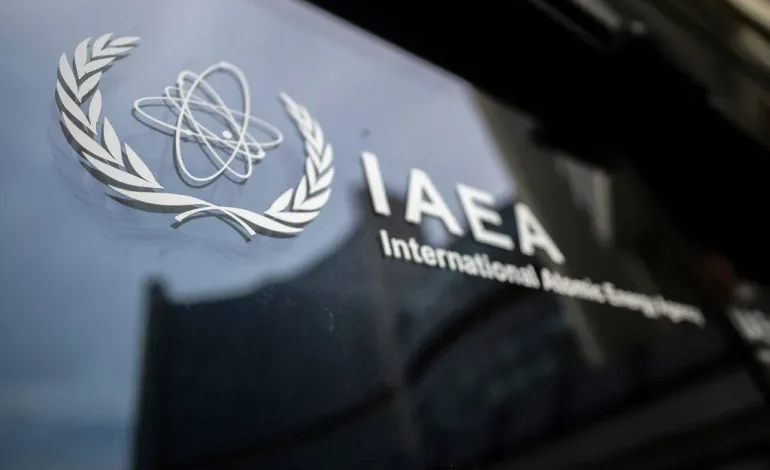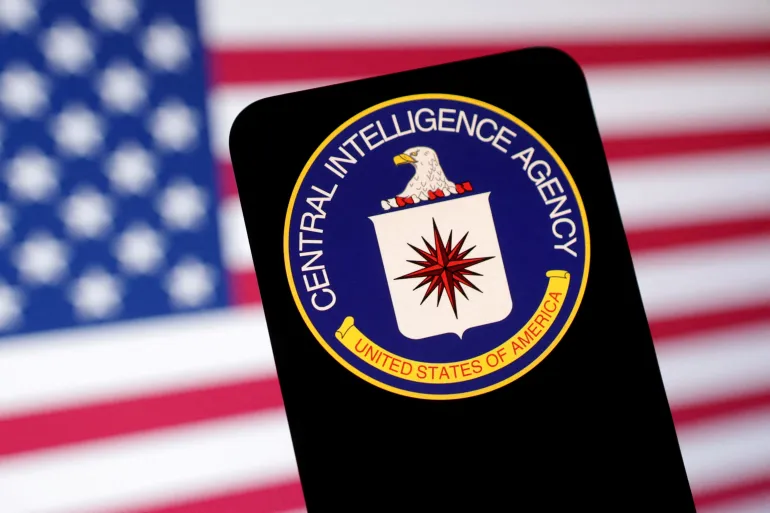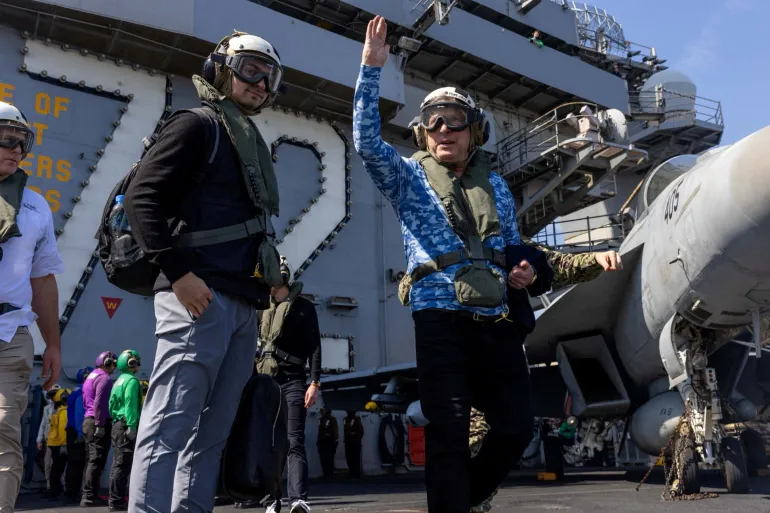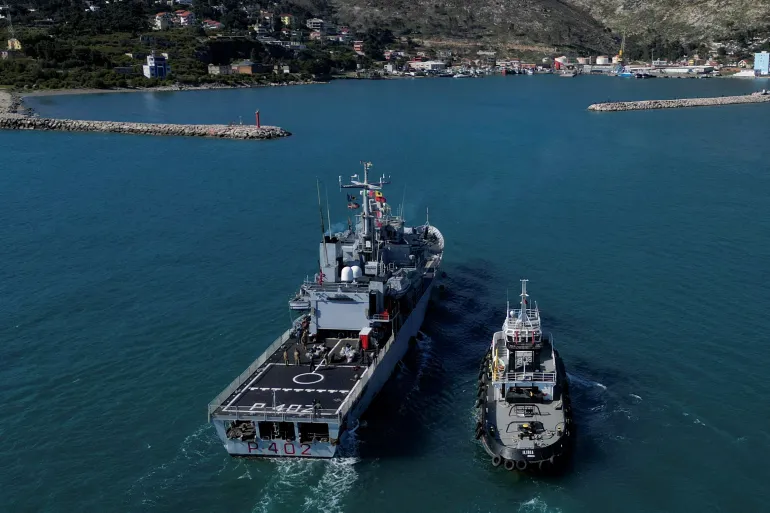IAEA says it can’t verify Iran’s uranium stockpile after US-Israel strikes

The International Atomic Energy Agency (IAEA) says it has been unable to verify Iran’s stockpile of highly enriched uranium since the joint US-Israeli strikes on the country’s nuclear sites in June, according to a confidential report circulated to member states.
The document, seen by several news agencies, said the UN watchdog has been barred from accessing seven major nuclear facilities, including Fordo and Natanz, calling the lack of inspections “long overdue.” The agency warned it must confirm “inventories of previously declared nuclear material” to ensure none has been diverted from peaceful use.
Inspectors are expected to visit Iran on Wednesday to check the Isfahan Nuclear Technology Centre, located about 350km southeast of Tehran. The site was among those bombed during the 12-day war, when both Israel and the United States targeted Iran’s uranium conversion facilities.
Iran suspended all cooperation with the IAEA after the strikes, before briefly agreeing in Cairo to resume inspections in September. But when the United Nations reimposed sanctions later that month, Tehran halted the deal in protest.
European powers had pushed for the sanctions after Iran refused to engage in new nuclear talks or clarify the fate of its near–weapons-grade uranium.
The report describes the situation as “a matter of serious concern,” warning that Iran’s 60 percent enriched uranium, just short of weapons-grade, could theoretically produce about 10 nuclear bombs if fully converted.
While parts of the stockpile were likely destroyed in the attacks, diplomats believe most of it was moved into deep underground bunkers at Isfahan. Satellite analysis suggests that although the entrance tunnels were hit, the core facilities survived largely intact.
The IAEA has so far managed to inspect only 13 sites deemed “unaffected” by the June strikes, and said rebuilding an accurate picture of Iran’s uranium inventory “will be arduous.”
The US and Israel have defended the attacks as a preemptive measure to stop Iran from crossing the nuclear threshold. Tehran, for its part, insists its nuclear programme remains purely civilian.









The latest news in your social feeds
Subscribe to our social media platforms to stay tuned